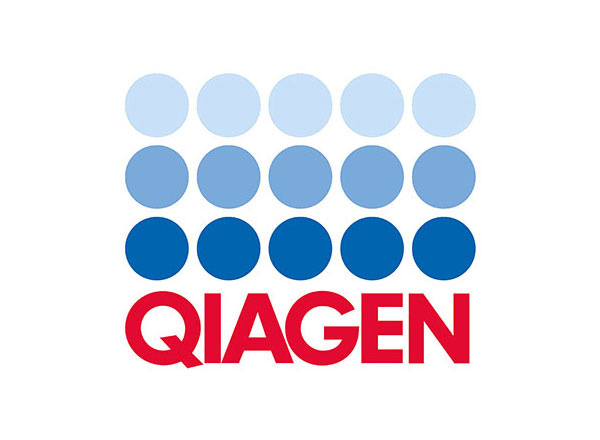
QIAGEN to launch rapid portable test that can detect active infections of SARS-CoV-2 in less than 15 min
Access Anti-SARS-CoV-2 Antigen Test, developed in collaboration with Ellume, is easy to use and provides accurate results in less than 15 minutes
QIAGEN announced plans to launch a rapid portable test that can detect SARS-CoV-2 antigens in people with active infections in less than 15 minutes and process on average around 30 swab samples per hour using a small digital detection system.
The Access Anti-SARS-CoV-2 Antigen Test, which is expected to become available in the fourth quarter of 2020, is designed for environments that require a high volume of fast and accurate test results. The portable test offers a new combination of speed and scale that marks an important step towards decentralized mass testing that health authorities all over the world have been urgently seeking.
Two versions of the Antigen Test are scheduled for US launch in the fourth quarter – one for labs and one for point-of-care (POC) use. QIAGEN will apply for FDA Emergency Use Authorization and seek CE-IVD registration in Europe.
Feasibility tests have shown the Access Antigen Test to have a sensitivity of at least 90% and a specificity of 100%.
The Access Anti-SARS-CoV-2 Antigen Test uses the QIAGEN eHub that was launched in August, a rugged portable machine, to analyze nasal-swab samples from up to eight symptomatic people at once. The easy-to-use eStick uses nanoparticle fluorescent detection technology to flag the SARS-CoV-2 nucleocapsid protein, an antigen present on the surface of the virus. The device delivers negative results in 15 minutes – and in as little as three minutes in the case of a strong positive.
One eHub can process on average about 30 tests per hour with the possibility for one user to operate more than one eHub. As Access Anti-SARS-CoV-2 Antibody test, released late August, also uses the device, lab professionals will be able to run tests to detect both previous and active infections on one device at the same time – with each testing slot operating independently of the others. Knowledge of past and present infections is essential to understanding and inhibiting the spread of the disease.
Further information can be found here.